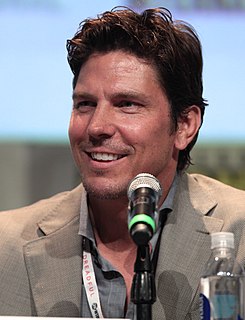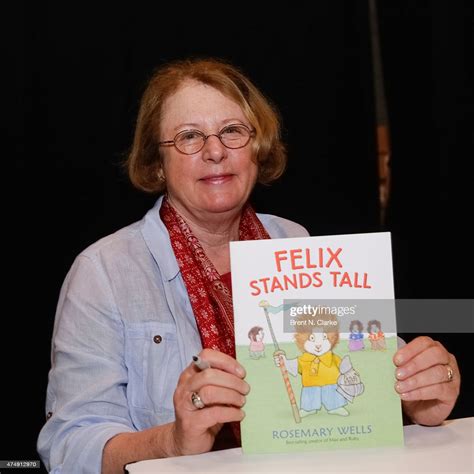A Quote by Barbara Delinsky
In plotting a book, my goal is to raise the stakes for the characters and, in so doing, keep the reader mesmerized.
Quote Topics
Related Quotes
In my couple of books, including Going Clear, the book about Scientology, I thought it seemed appropriate at the end of the book to help the reader frame things. Because we've gone through the history, and there's likely conflictual feelings in the reader's mind. The reader may not agree with me, but I don't try to influence the reader's judgment. I know everybody who picks this book up already has a decided opinion. But my goal is to open the reader's mind a little bit to alternative narratives.
Every reader, as he reads, is actually the reader of himself. The writer's work is only a kind of optical instrument he provides the reader so he can discern what he might never have seen in himself without this book. The reader's recognition in himself of what the book says is the proof of the book's truth.
Make sure your characters are worth spending ten hours with. That’s how long it takes to read a book. Reading a book is like being trapped in a room for ten hours with those characters. Think of your main characters as dinner guests. Would your friends want to spend ten hours with the characters you’ve created? Your characters can be loveable, or they can be evil, but they’d better be compelling. If not, your reader will be bored and leave.
Plotting is like sex. Plotting is about desire and satisfaction, anticipation and release. You have to arouse your reader's desire to know what happens, to unravel the mystery, to see good triumph. You have to sustain it, keep it warm, feed it, just a little bit, not too much at a time, as your story goes on. That's called suspense. It can bring desire to a frenzy, in which case you are in a good position to bring off a wonderful climax.
The first rule is you have to create a reality that makes the reader want to come back and see what happens next. The way I tried to do it, I'd create characters that the reader could instantly recognize, and hopefully bond with, and put them through situations that keep the reader on the edge of their seat.
The book is finished by the reader. A good novel should invite the reader in and let the reader participate in the creative experience and bring their own life experiences to it, interpret with their own individual life experiences. Every reader gets something different from a book and every reader, in a sense, completes it in a different way.
With a 660-page book, you don't read every sentence aloud. I am terrified for the poor guy doing the audio book. But I do because I think we hear them aloud even if it's not an audio book. The other goofy thing I do is I examine the shape of the words but not the words themselves. Then I ask myself, "Does it look like what it is?" If it's a sequence where I want to grab the reader and not let the reader go then it needs to look dense. But at times I want the reader to focus on a certain word or a certain image and pause there.






































